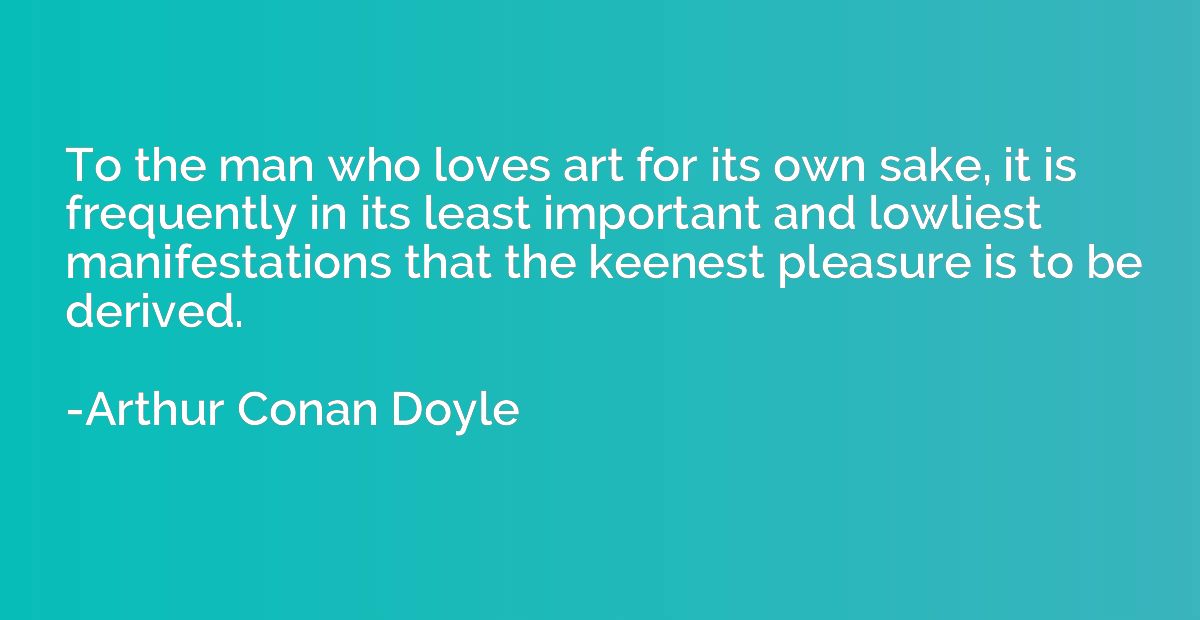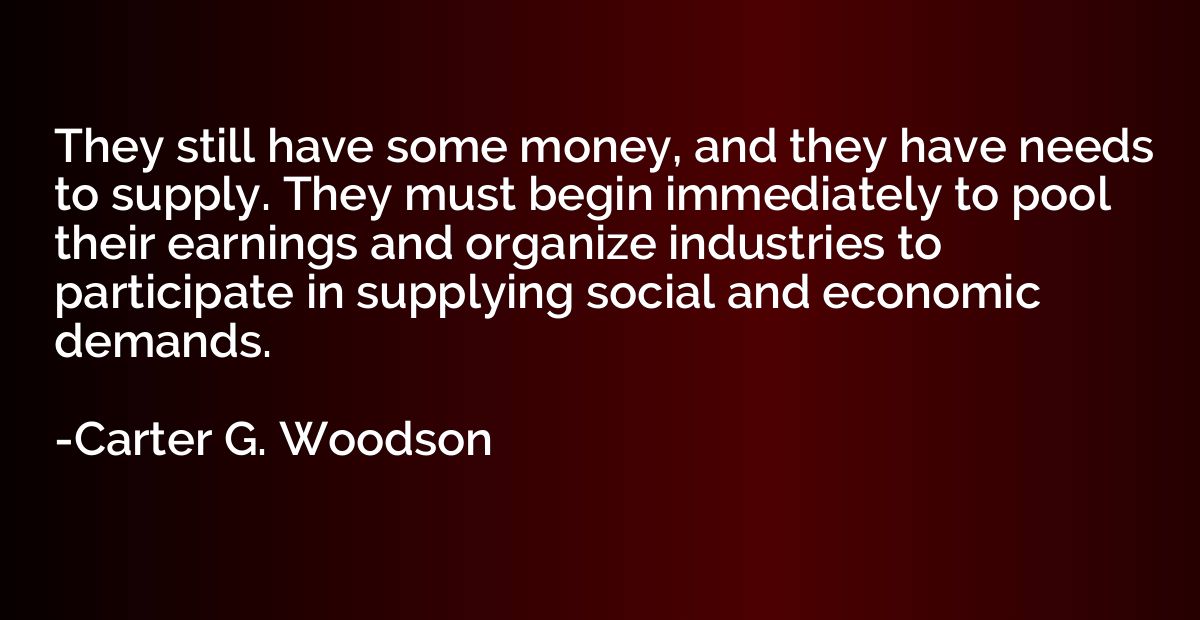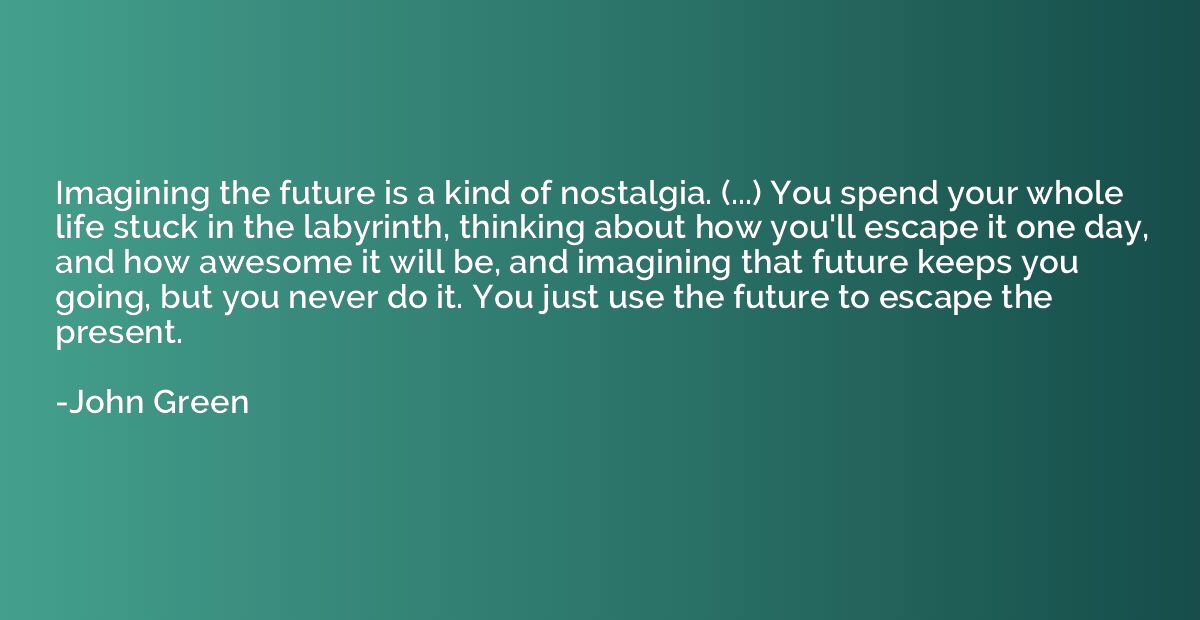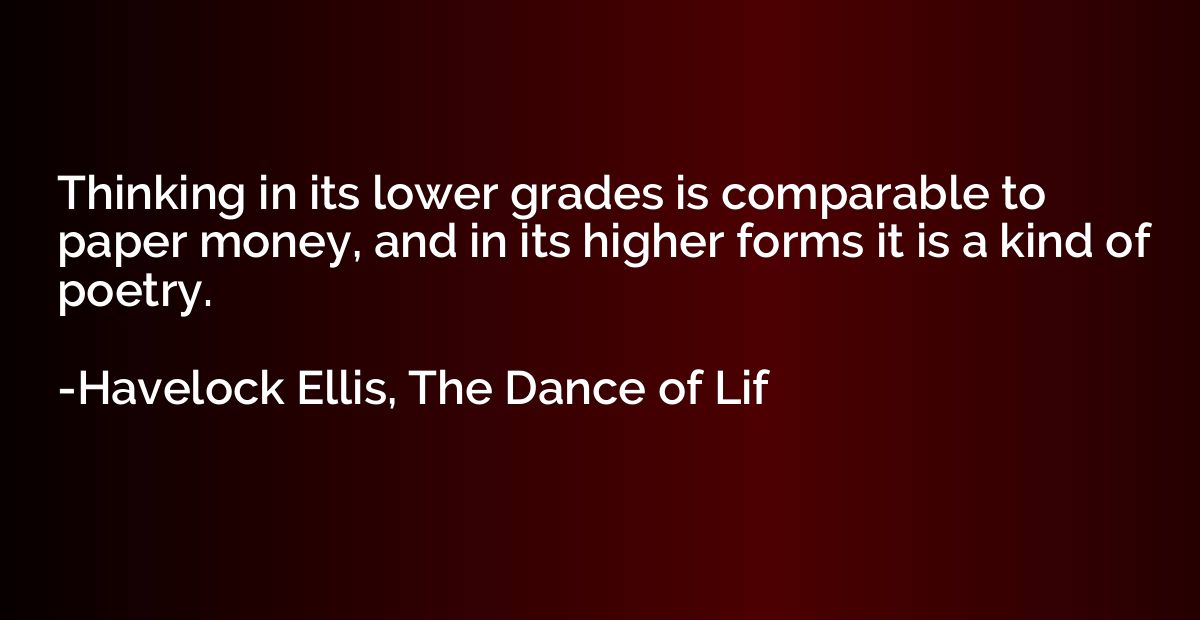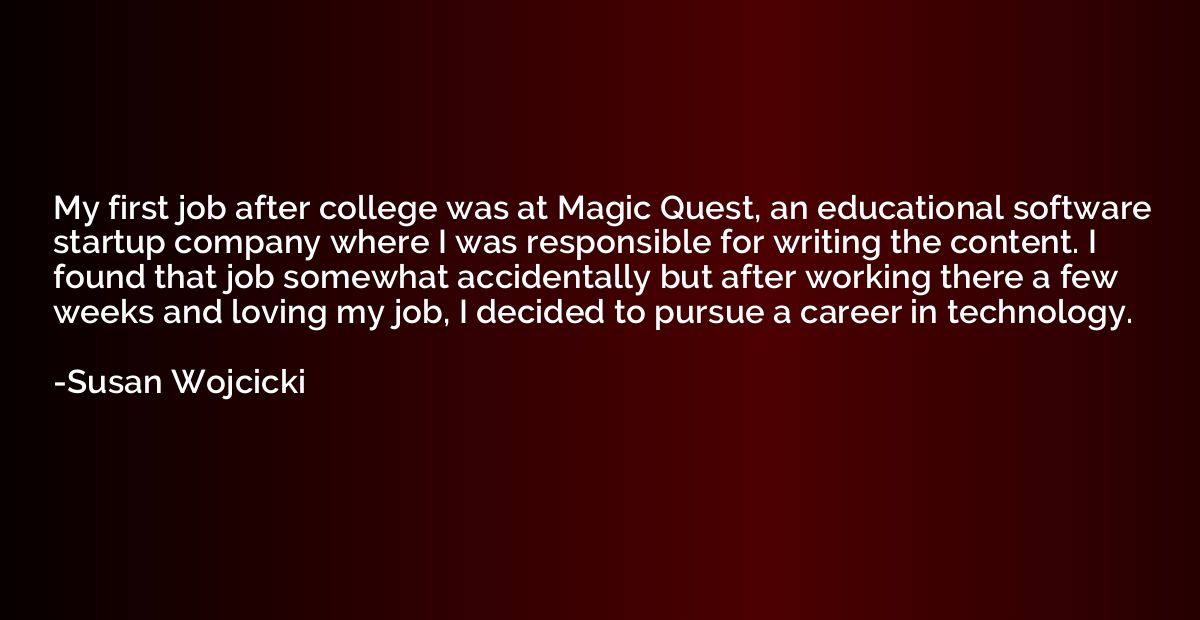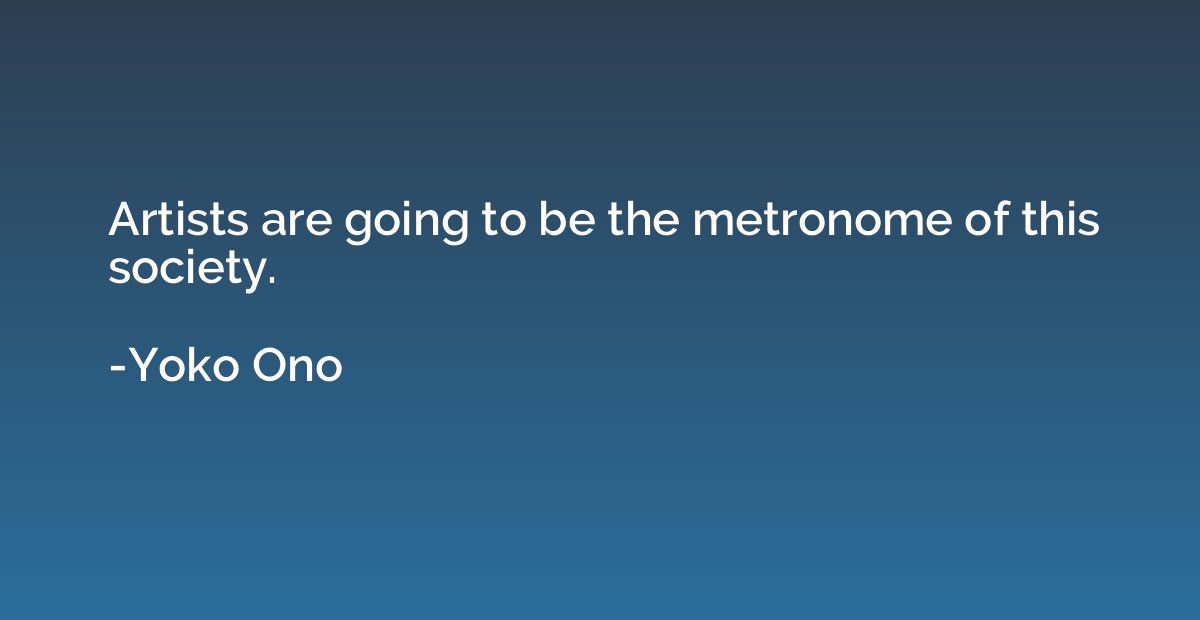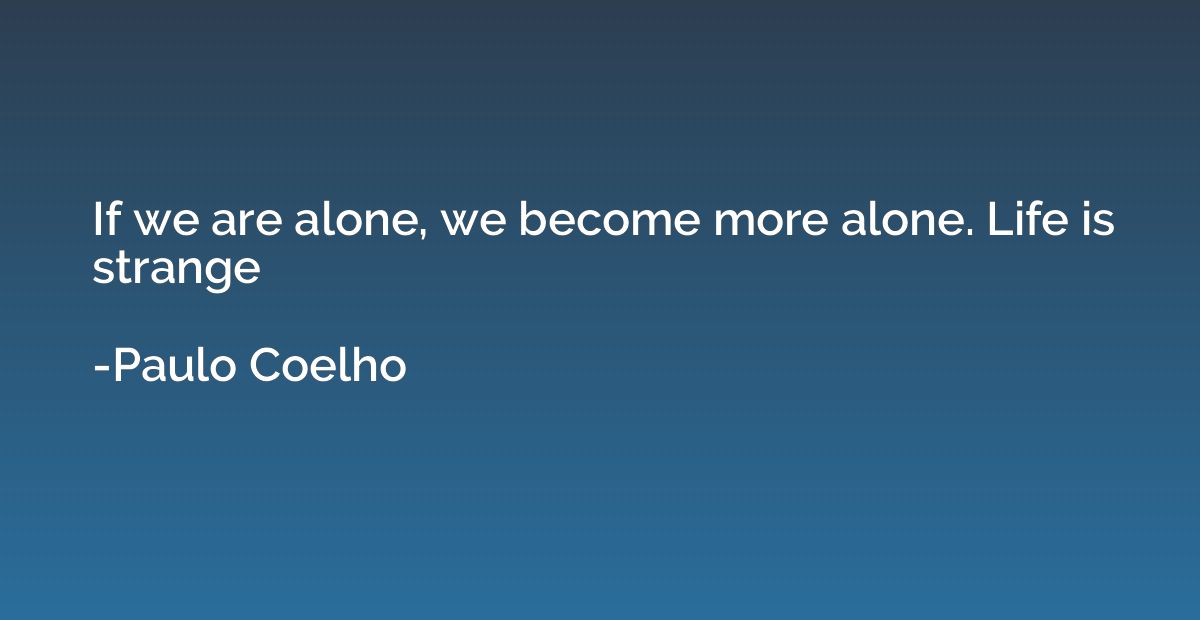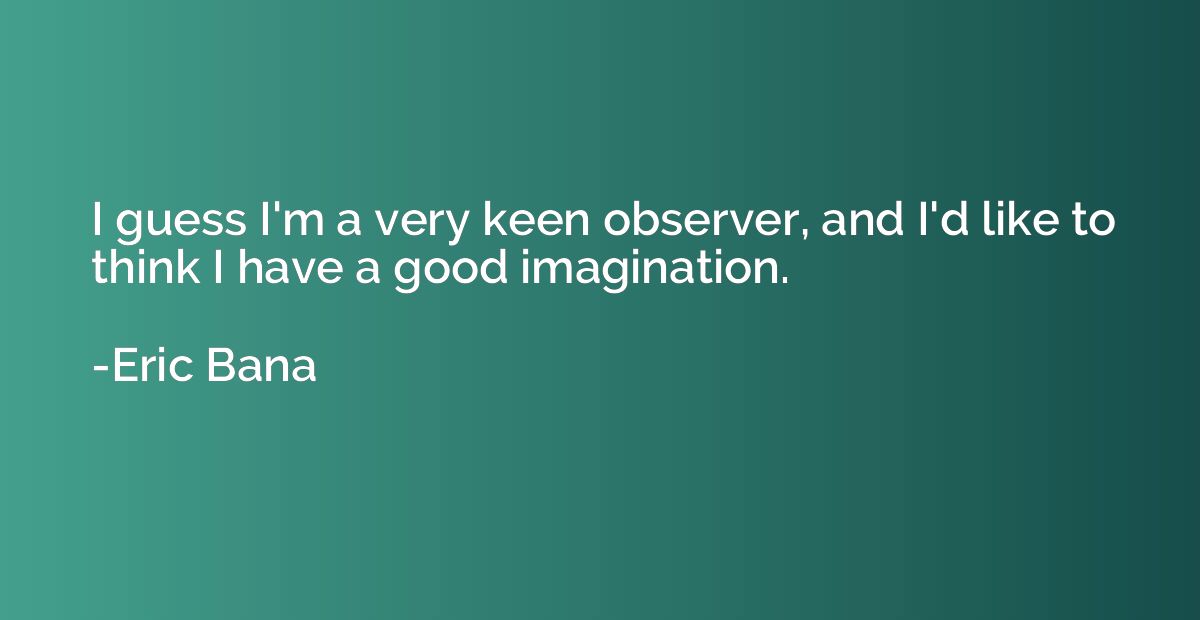Quote by C.S. Lewis
But supposing God became a man - suppose our human nature which can suffer and die was amalgamated with God's nature in one person - then that person could help us. He could surrender His will, and suffer and die, because He was man; and He could do it perfectly because He was God. You and I can go through this process only if God does it in us; but God can only do it if He becomes man. Our attempts at this dying will succeed only if we men share in God's dying, just as our thinking can succeed only because it is a drop out of the ocean of His intelligence: but we cannot share God's dying unless God dies; and He cannot die except by being a man. That is the sense in which He pays our debt, and suffers for us what He Himself need not suffer at all.
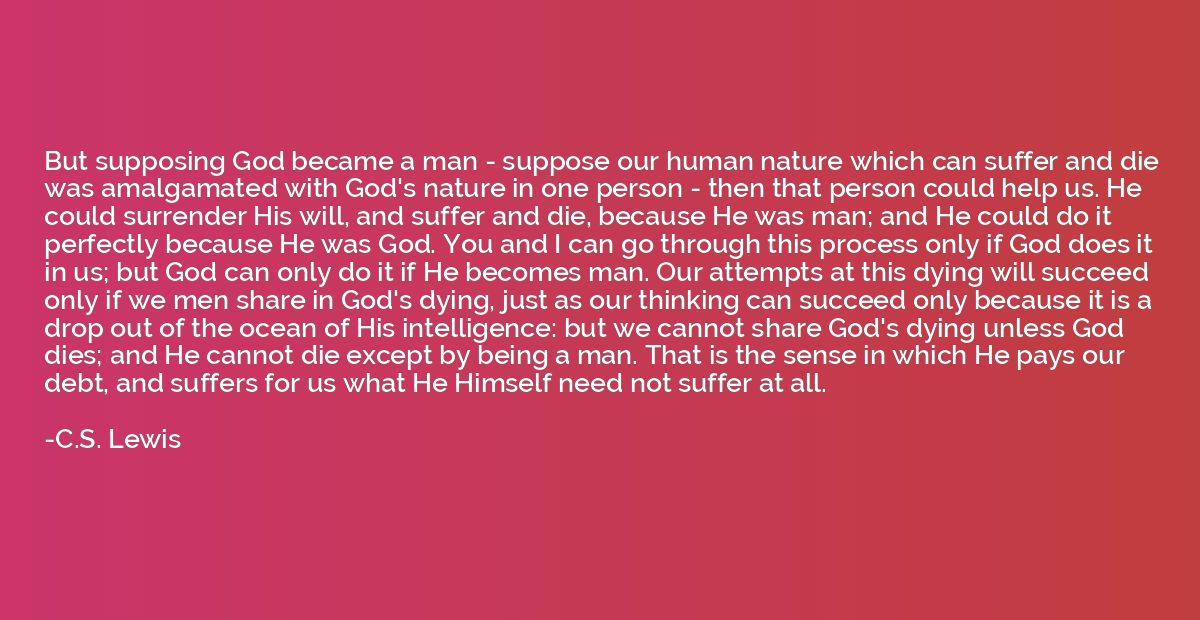
Summary
This quote discusses the idea of God becoming human in order to help humanity. It suggests that if God were to take on human nature and unite it with His divine nature in one person, that person would be able to empathize with our struggles and ultimately sacrifice Himself for our redemption. This idea highlights the potential for humans to follow in this divine example, but emphasizes that it is only possible if God first becomes one of us. The quote concludes by explaining that by doing so, God pays our debt and suffers on our behalf, although He himself would not need to experience suffering.
Topics
Christianity
By C.S. Lewis




